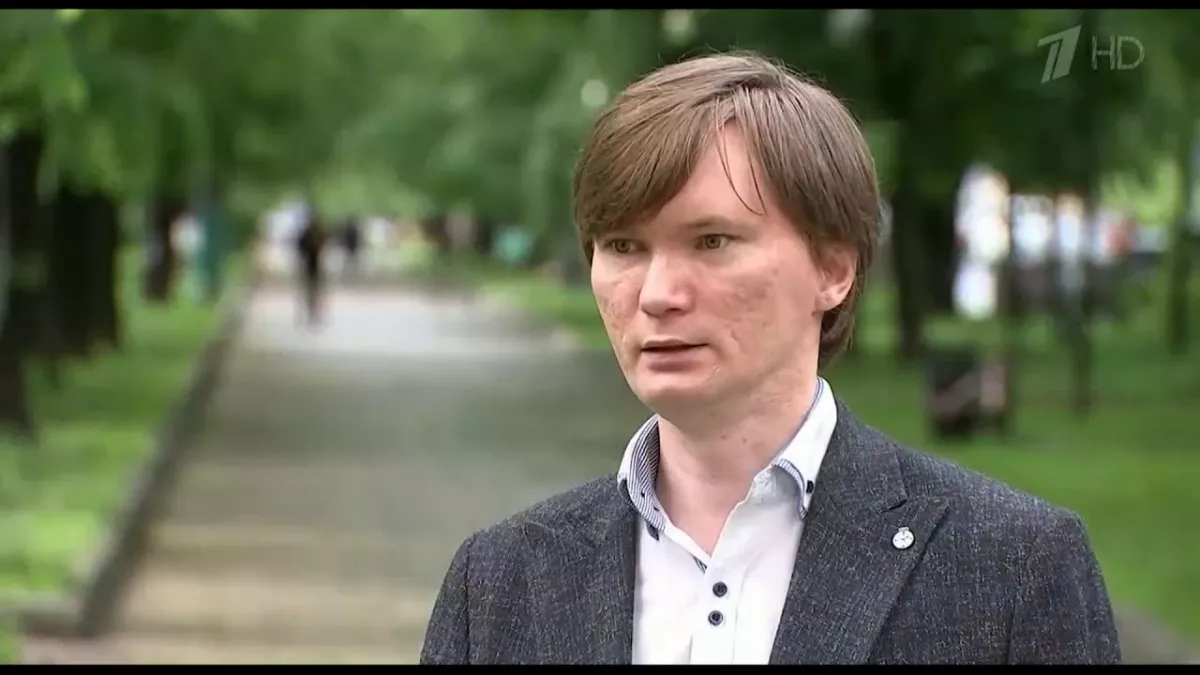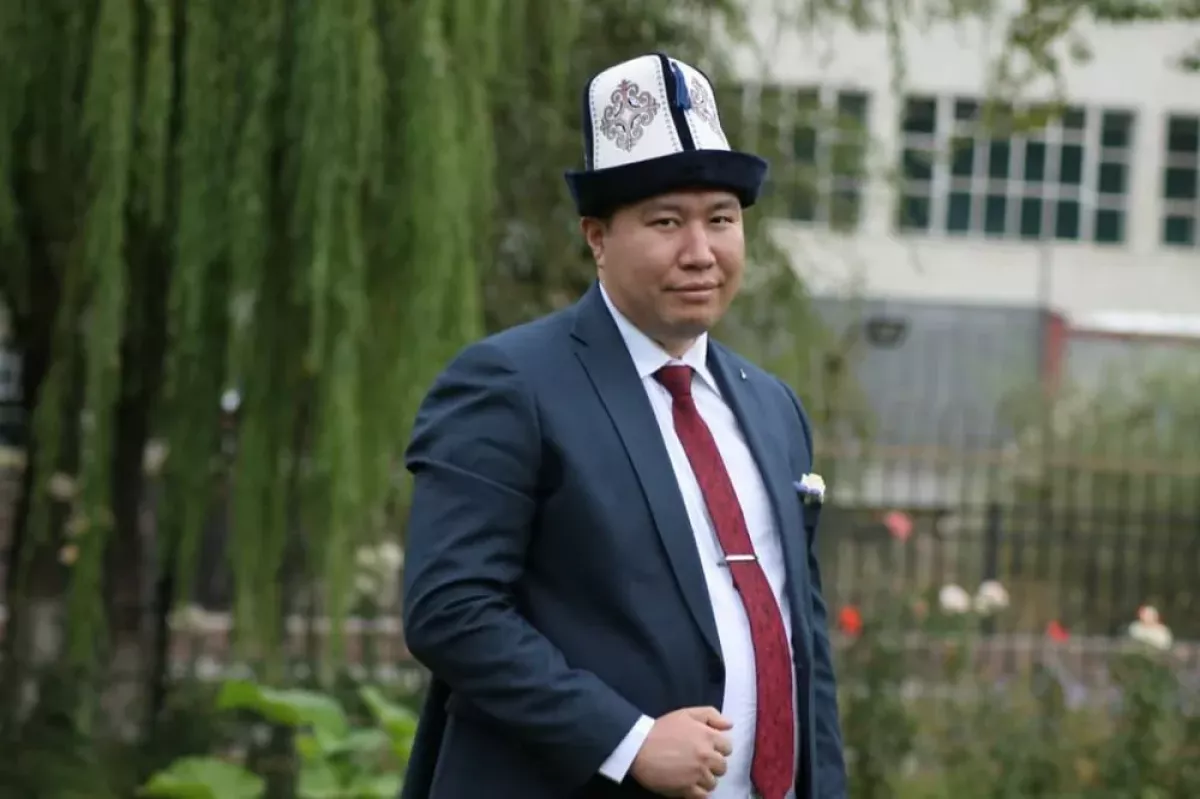BRICS leaders pledge support for COP29 in Azerbaijan Expert opinions
The participation of President of Azerbaijan Ilham Aliyev in the BRICS summit is undoubtedly one of the key events on the political agenda for October. Another important point is that the final declaration of the BRICS summit expresses commitment to successfully holding COP29 in Baku.
What is the significance of the summit's outcomes for Azerbaijan and Türkiye? Why did the BRICS countries support Azerbaijan's initiative to intensify the fight against climate change? With these questions, a correspondent from Caliber.Az reached out to foreign political scientists.

According to Andrey Petrov, Deputy Director-General of the news agency Vestnik Kavkaza and a Russian political analyst, it is crucial that the BRICS countries not only expressed their support for holding COP29 in Azerbaijan in the final declaration but also conveyed their expectation for the implementation of Azerbaijan's initiative to finance developing nations in their efforts against climate change. Petrov emphasizes that it is significant for Azerbaijan to not only secure the right to host COP29 but also to propose its own initiatives—something that the global community recognizes and takes note of.
"In the world today, there is a prevailing practice where the climate agenda seems to be dominated by Western countries. They impose their own rules and restrictions and apply them globally. In response, the BRICS countries, prompted by Azerbaijan, are initiating a process to rebalance the climate agenda. This is not solely the responsibility of the Western nations; they are not the only ones facing these challenges or addressing them. Therefore, the West has no right to monopolize the management and moderation of the most critical decisions in this area.
Azerbaijan's initiative to create a special fund that will allocate financial resources to underdeveloped countries for addressing environmental issues is very important. If wealthy countries demand that poorer nations take action but do not provide the necessary support—despite their obligation to do so—then, of course, no progress will be made. It was entirely expected that BRICS would support this initiative because both larger and smaller countries are interested in this rebalancing to ensure equality in this area, just as in others," the political analyst noted.
According to him, while it is often said that BRICS is an economic alliance, it is important to highlight Azerbaijan's unique position as it moves toward joining this organization, which speaks volumes in itself.
"As is well known, Azerbaijan prefers to establish bilateral relations with all countries and is very selective in choosing the international structures it wishes to join, taking into account the significance of the commitments that come with each membership. This selectivity and Azerbaijan's choice to align with BRICS are particularly telling in the realm of global politics. It demonstrates how relevant and attractive BRICS is to many nations, especially given that Azerbaijan has made such a choice," emphasized Petrov.

Meanwhile, Kyrgyz international analyst Mederbek Korganbaev believes that Kyrgyzstan is closely observing BRICS because the avenues and types of cooperation within the organization appeal to the official government in Bishkek. In this context, Kyrgyzstan has certain potential, including the opportunity to provide its territory for the construction of the Central Asia–China railway, the implementation of investment projects, and the export of goods. Furthermore, the potential accession of Türkiye and Azerbaijan to BRICS directly indicates the expanding influence of the Turkic world.
"The venue for the meeting of BRICS participants and potential partners is also symbolic, as Kazan is the capital of the Turkic-speaking Republic of Tatarstan within the Russian Federation. Turkey and Azerbaijan are crucial political and economic partners for the BRICS member countries. Ankara and Baku have much to offer BRICS members, as both nations possess significant potential for developing and strengthening this trade and economic bloc.
Currently, BRICS consists of nine countries: Brazil, Russia, China, India, Ethiopia, the UAE, Iran, Egypt, and South Africa. If Türkiye and Azerbaijan's membership is approved, they will become the first Turkic states in BRICS. I believe that, given the geopolitical and economic significance of Ankara and Baku, it is essential to integrate Turkic regional players into the BRICS structure as soon as possible. Türkiye and Azerbaijan serve as major transport and logistics hubs with robust economies and stable political systems. Their accession to BRICS will benefit all members of this organization in both political and economic dimensions.
The leaders of the BRICS member states expressed their support for holding COP29 in Baku during the summit in Kazan. This reflects Azerbaijan's significance in the eyes of BRICS members and signals the alliance's desire to see Baku as a partner. BRICS's respect for Baku is a result of Azerbaijan's wise foreign development strategy. Additionally, it is important to mention that alongside BRICS, the Shanghai Cooperation Organization (SCO) also wishes to include Azerbaijan among its members," Korganbaev concluded.








